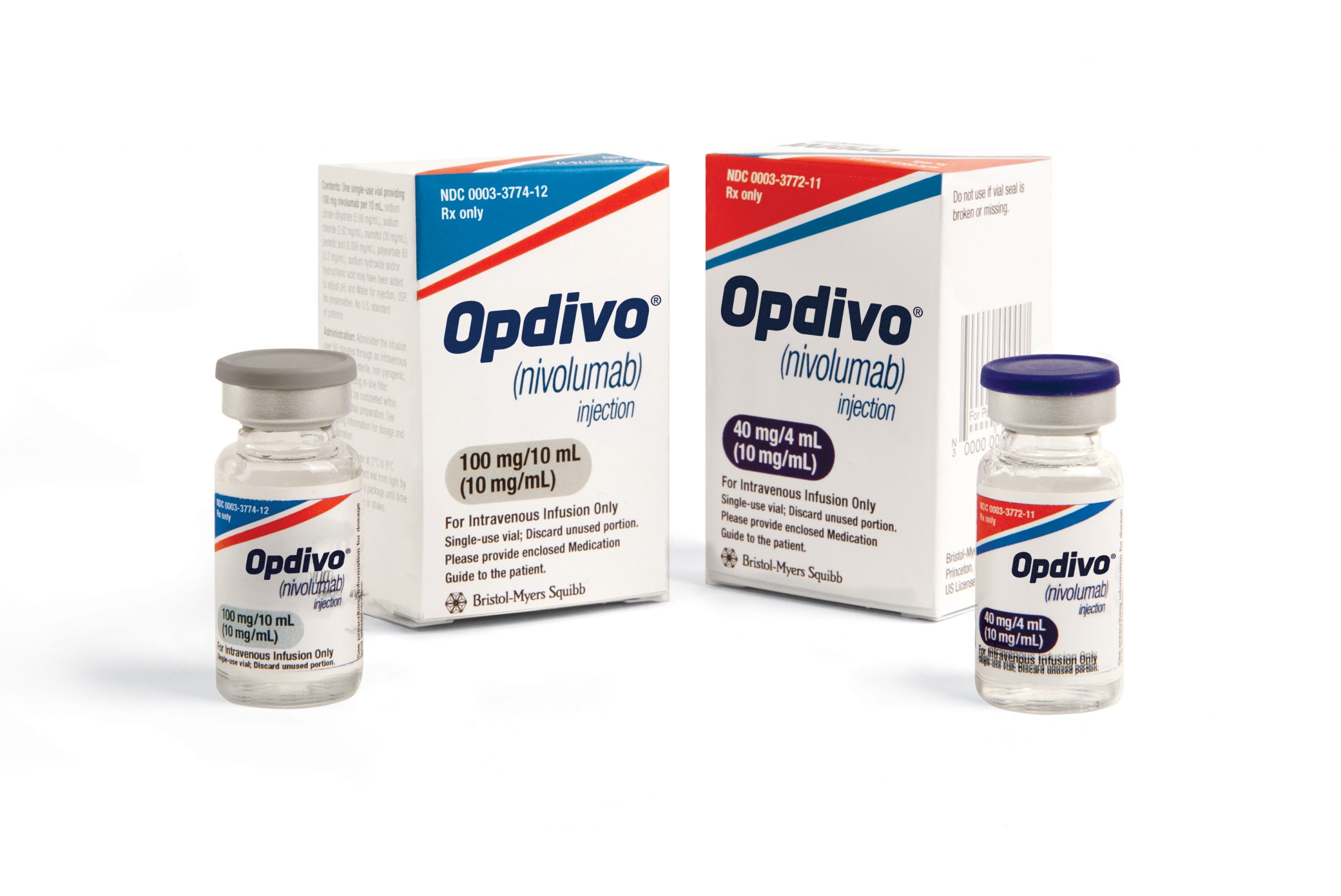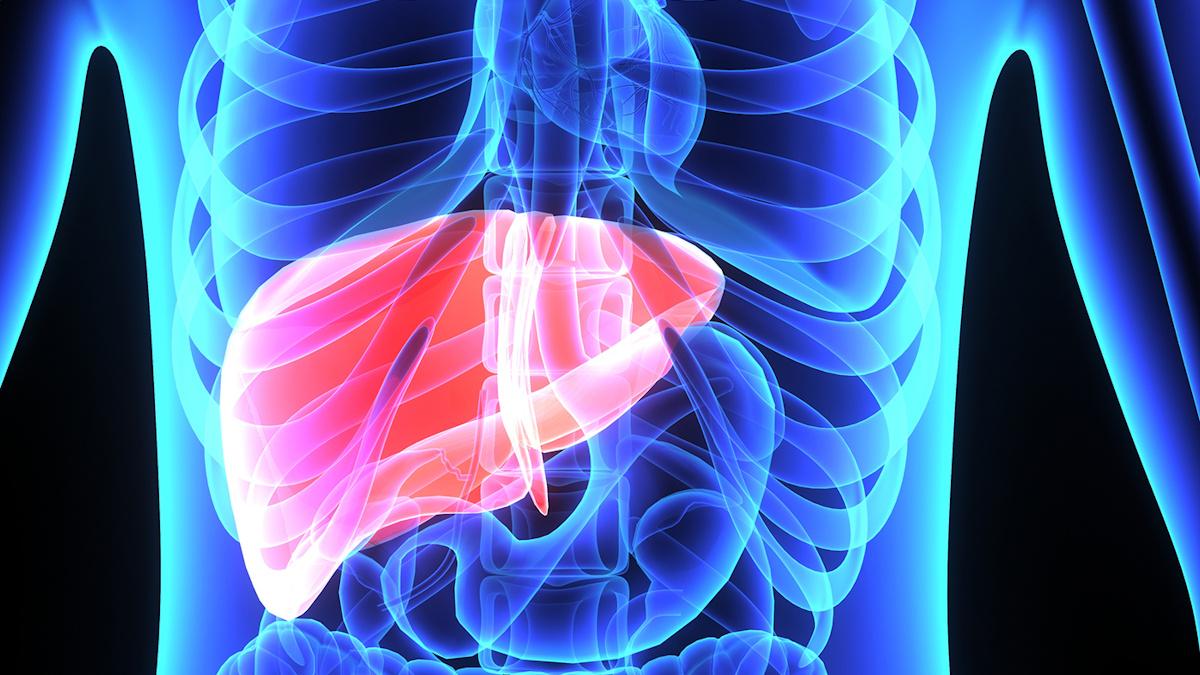Opdivo gains European approval for Hodgkin lymphoma

Bristol-Myers Squibb has received marketing authorisation in Europe for Opdivo in classical Hodgkin lymphoma, adding to its tally of approvals.
Opdivo is the first of the PD-1 immunotherapy drugs to gain approval in any haematologic cancer, giving it an advantage over its closest rival, Merck’s Keytruda.
But while the approval is great news for patients with Hodgkin lymphoma, it will only make a small contribution to BMS’ attempts to maintain its lead in the field. Merck has just gained approval for Keytruda for first line use in non-small cell lung cancer (NSCLC), while Opdivo’s failure to show efficacy in this indication earlier this year was a major blow to BMS.
The new EU licence is to treat classical Hodgkin lymphoma (cHL), and is licensed to treat adult patients with relapsed or refractory disease after autologous stem cell transplant (ASCT) and treatment with brentuximab vedotin.
The approval is based on an integrated analysis of data from the Phase 2 CheckMate -205 and the Phase 1 CheckMate -039 trials, evaluating patients with relapsed or refractory cHL after ASCT and treatment with brentuximab vedotin.
Single-agent Opdivo induced responses in 66% of patients who had progressed following autologous stem cell transplant and brentuximab vedotin (adcetris), and at 12 months, the progression-free survival rate was 57 per cent.
BMS hopes Opdivo can regain its lustre in NSCLC through combinations with other drugs, and a variety of trials are already underway. Earlier this month it announced a new alliance to combine Opdivo with Infinity Pharmaceuticals’ IPI-549, a PI3K inhibitor across a number of solid tumours, including NSCLC.











